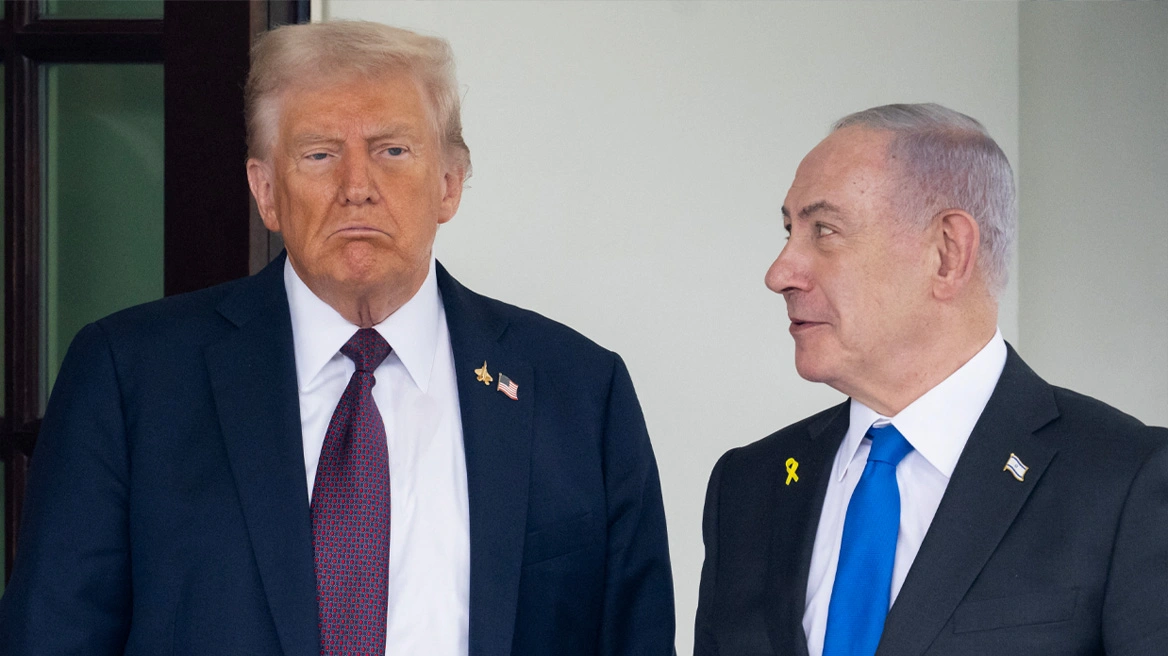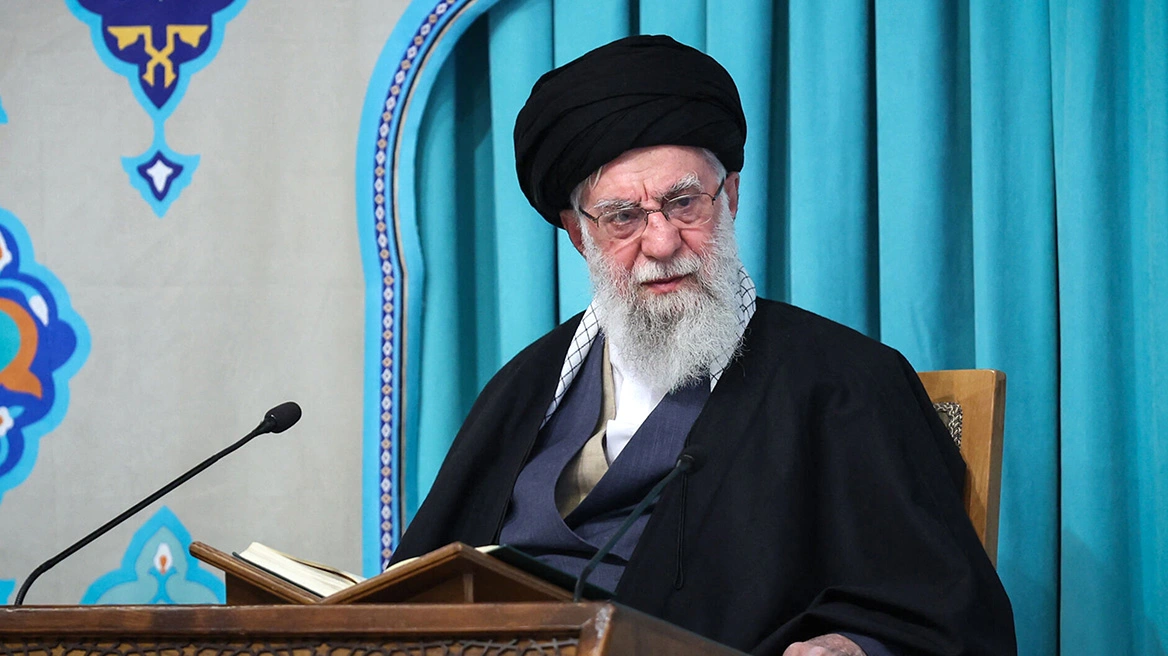President Nicos Anastasiades has replied to three questions posed by the United Nations regarding security and guarantees on Wednesday by addressing the Conference from a 16-page document at Crans-Montana, Switzerland on Thursday morning.
In a free translation into English based on Greek-language reports, the UN had asked the following:
- What should fundamental changes to the Treaty of Guarantees look like?
- How can the security concerns of the two communities be addressed?
- Who should oversee the implementation of a settlement?
With regards to fundamental changes to the Treaty of Guarantees, Anastasiades made the following remarks:
The historic events have shown that the treaty has failed both in its role and purpose as well as in the smooth functioning of the Republic of Cyprus.
Any attempts to preserve it would be an anachronism as among other it will:
- Damage the independence of a sovereign nation and member of the United Nations and the European Union and comes into contrast with the European Acquis and international law in general.
- Given Greece’s position that it does not want to continue as a guarantor, as well as the fact that current international affairs are completely different from 1960 but also taking into account the events of 1974 and the current situation, the presence of Turkish military forces or Turkish security rights after the solution would be a heterogeneous arrangement against the Greek Cypriot community, since Turkey’s power and distance would be viewed as a permanent threat to Greek Cypriots.
- It places one of the communities and by extension the state under the guardianship or influence of a guarantor power, with the danger of destabilising or strengthening secession trends.
- Beyond what has been exposed, any provision, by the guarantors, of safeguarding any one community would overturn political equality and cultivate a sense of superiority on the part of the guaranteed community against the other one, with the result of ongoing impasses and instability instead of consensus.
- Post-solution security must be connected to our identity as an EU member state and to the EU’s security framework
As a result of the above, and also the fact that it is a permanent source of insecurity, the Treaty must end with the start of the Agreement’s enforcement.
Also, it must be taken into account that there is no international example of the constitutional rights of one country being subjected to guarantees from any third country.
In conclusion, based on what has been said, any provision for the continuation of military guarantees will lead to the rejection of the Agreement.
On the question on how the security concerns of the two communities could be addressed, he said:
Firstly it must be underlined that the state will be set up in terms of its internal structure by the two communities in an equal number of states, being political equals with set administrative limits of which the one will be administered by the Greek Cypriot community and the other by the Turkish Cypriot community.
In addition and towards the establishment of a lasting stability and sense of security between the two communities and all citizens, the following, amongst others, has been agreed:
- Full respect of human rights and basic freedoms in accordance to the EU Charter and EU principles and values.
- Full respect towards bicommunal and bizonal principals through a series of agreed-on safeguards, such as:
(i) Forbidding the Federal Government’s intervention is the jurisdiction of the states or of one state’s intervention into the jurisdiction of the Federal Government or the other state.
(ii) An effective means of State governing on the part of the two communities, with specific adjustments in decision making to avoid one community forcing itself on the other.
(iii) Constitutional provision strictly forbidding the secession or union of one part of all with any third country.
(iv) An effective means of resolving impasses to strengthen the functionality of the state and protect the rights of residents and by extension the communities.
(v) The setting-out of the powers of each state within a strong legal framework and the most effective means of its implementation.
As well as these, and beyond was has been agreed on as mentioned above, the Greek Cypriot side proposed the following measures:
Towards handling any violence between the communities, the Constitution of the Federal State will include mechanism for intervention and handling incidents, first on the level of the state and then on a federal level.
To this end and for a transitional period, a Multinational Police Force will be created, the members of which will come from EU countries excluding Greece and the UK, without ruling out the participation of third country nationals, apart from those from Turkey.
In additional to the internal adjustments of the solution and our proposal, which make it clear there is no need for any guarantors or the presence of foreign troops, the capacity of a union Cyprus as a member of the UN, the EU and the Council of Europe, provides adequate protection to the citizens of a united Cyprus.
On how the Agreement will be implemented and who will oversee its implementation, Anastasiades responded:
We are all aware of the importance of the smooth, secure and fast realisation of the provisions of the solution. On this, one of the greatest fears and main worries of the Greek Cypriot community is any potential failure to implement the solution and the consequences of this.
So, our side proposes that:
– Materialising the provisions of a solution and safeguarding post solution conditions must fall under the guarantee of the UN’s Security Council, in accordance to Chapter 7 of the Constitutional Charter.
– That the EU is assigned a specific role for active participation in the realisation of the solution, beyond the usual work connected to the Acquis communautaire and efforts to end any transitional periods/derogations as soon as possible.
Ask me anything
Explore related questions





